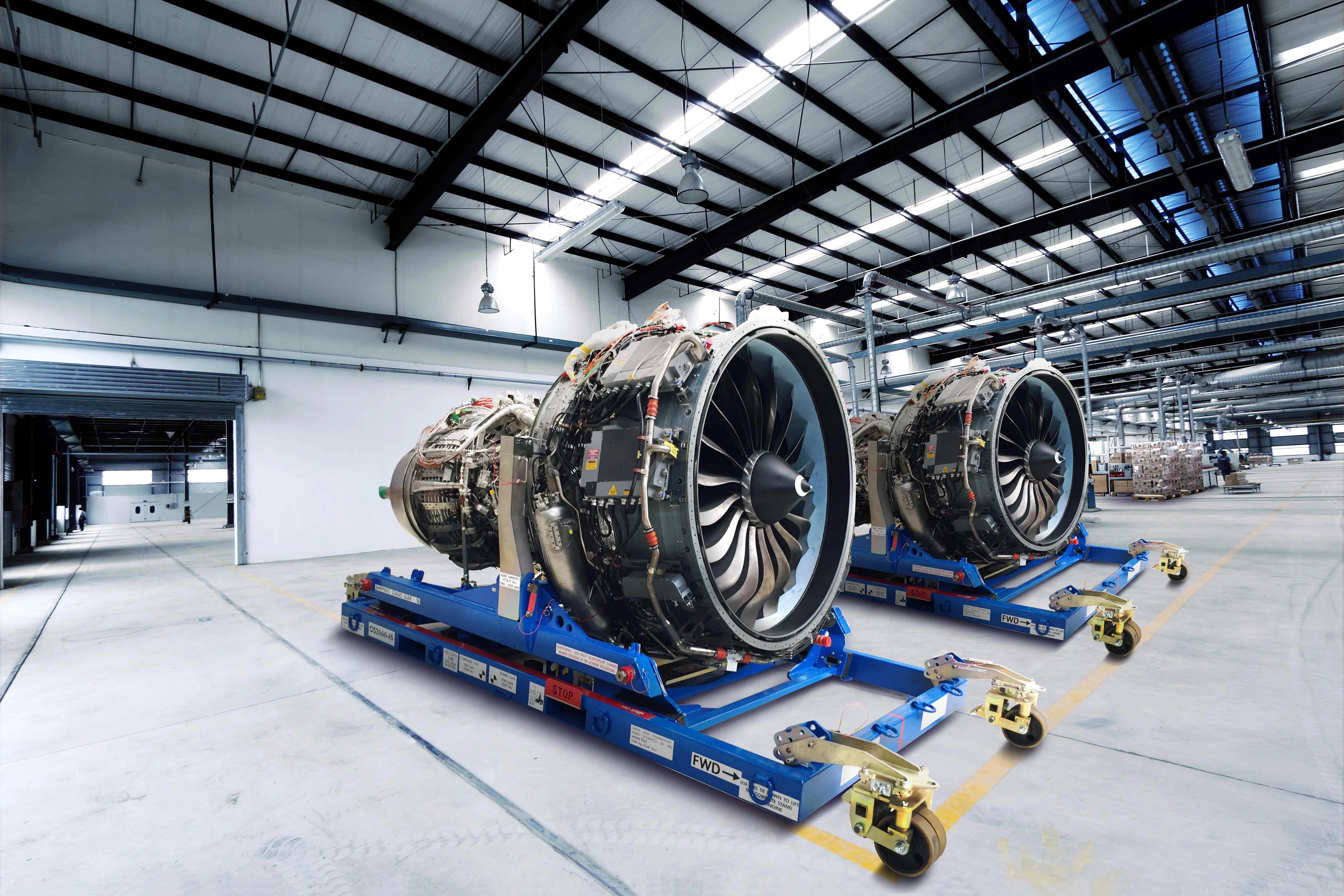Electric and Hybrid Aircraft Components: Insurance for Emerging Technologies
A Comprehensive Guide to Risk Management in Advanced Aviation
Introduction: The Dawn of Electric Aviation
The aviation industry stands on the cusp of a technological revolution. Electric and hybrid aircraft are no longer science fiction but an emerging reality that promises to transform transportation, reduce carbon emissions, and redefine aerospace engineering. However, with groundbreaking technology comes unprecedented risk—and this is where specialized insurance becomes crucial.
This comprehensive guide explores the intricate world of insurance for electric and hybrid aircraft components, providing insights for manufacturers, operators, and insurers navigating this complex landscape.
Understanding Electric and Hybrid Aircraft Technology
Key Components and Their Unique Risks
1. Advanced Battery Systems
- Lithium-ion and solid-state battery technologies
- Thermal management challenges
- Potential fire and electrical failure risks
- Degradation and performance uncertainty
2. Electric Propulsion Systems
- High-voltage electrical motors
- Complex power management electronics
- Electromagnetic interference considerations
- Reliability and redundancy requirements
3. Lightweight Composite Structures
- Advanced materials integration
- Structural integrity under electrical stress
- Novel manufacturing processes
- Limited long-term performance data
Insurance Landscape for Electric Aircraft
Emerging Risk Categories
1. Technological Failure Risks
Electric and hybrid aircraft introduce complex failure modes beyond traditional aviation risks. Insurers must develop nuanced assessment frameworks considering:
- Battery cell degradation
- Electrical system malfunction
- Software and control system vulnerabilities
- Electromagnetic compatibility issues
2. Environmental and Performance Risks
Unique environmental factors impact electric aircraft insurance:
- Temperature sensitivity of battery systems
- Range and performance variability
- Charging infrastructure dependencies
- Limited operational history and data
3. Cybersecurity Considerations
Electric aircraft's reliance on complex software and interconnected systems introduces significant cyber risks:
- Potential remote system manipulation
- Navigation and control system vulnerabilities
- Data breach and privacy concerns
- Emerging regulatory compliance challenges
Specialized Insurance Product Development
Tailored Coverage for Electric Aviation
1. Comprehensive Technology Risk Insurance
Innovative insurance products must address:
- Research and development protection
- Prototype and testing phase coverage
- Intellectual property risk mitigation
- Specialized equipment replacement
2. Performance and Degradation Coverage
New insurance models should consider:
- Battery performance guarantees
- Gradual performance decline compensation
- Predictive maintenance integration
- Technology refresh and upgrade provisions
3. Cyber and Electronic System Protection
Comprehensive cyber risk management includes:
- System breach liability
- Electronic component replacement
- Operational disruption coverage
- Forensic investigation support
Regulatory and Compliance Framework
The electric aircraft sector demands robust regulatory oversight. Key considerations include:
1. Aviation Authority Guidelines
- FAA and EASA emerging technology standards
- Certification processes for electric propulsion
- Safety performance requirements
- Ongoing compliance monitoring
2. Environmental Regulations
- Carbon emission reduction targets
- Sustainable aviation fuel integration
- Battery disposal and recycling standards
- Life-cycle environmental impact assessments
Future Outlook: Innovation and Risk Management
The convergence of technological innovation and sophisticated risk management will define the electric aircraft insurance landscape. Insurers, manufacturers, and operators must collaborate to:
- Develop data-driven risk assessment models
- Create flexible, adaptive insurance products
- Invest in continuous technological understanding
- Foster a culture of proactive risk mitigation
Conclusion: Embracing Technological Transformation
Electric and hybrid aircraft represent more than a technological leap—they symbolize a fundamental reimagining of aviation. As these technologies mature, insurance will play a critical role in managing risks, supporting innovation, and enabling widespread adoption.
By developing sophisticated, forward-looking insurance solutions, we can help propel the electric aviation revolution, balancing innovation with comprehensive risk management.


 0330 127 2333
0330 127 2333
